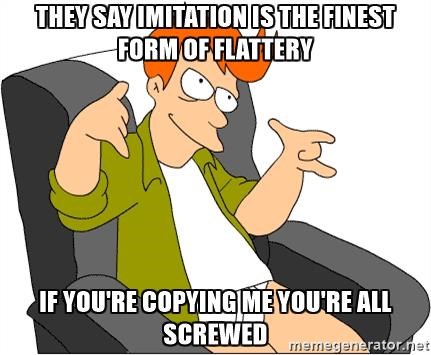Yako:
I love memes! Two years ago, I did not even know what a meme was. According to Wikipedia, memes have been around since 1976! And the word "meme" is short for "mimeme," which is from Ancient Greek, meaning "imitated thing." But I believe it is only since recent years that the meme became popular in social media. Also the current format is relatively new -- usually a picture with bold text at the top (the setup) and bold text at the bottom (the punch line).
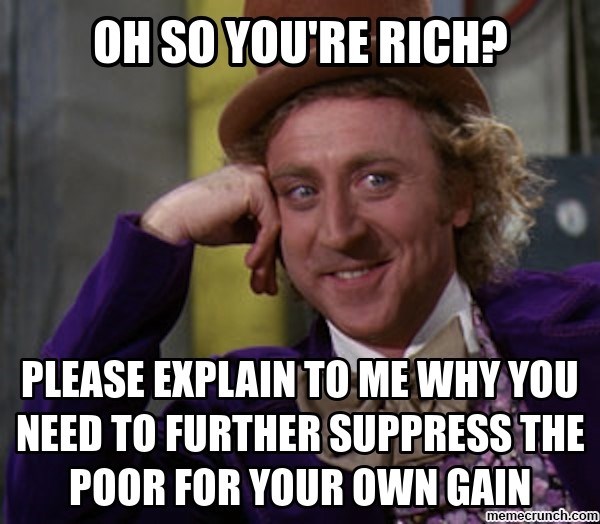
The meme is the modern joke, it's visual and short and thus a great medium that has the ability to get some attention in today's culture of information overload. You only need a split second to take in a meme. I wonder who comes up with all these memes and whether they are making money off of it. Perhaps it could be a new career for me, if only I were so creative to come up with enough material.
Krystal:
That's pretty interesting. It goes to show you that everything comes from somewhere -- especially in this case. The very word derives from the same word that "mime" does, which is defined as a silent imitation. In the case of memes, though, the silent aspect seems to serve as a secondary effect rather than define its art form. What's most important about a meme is how much you can relate to it. I wonder where the ideas of silently and verbally imitating life even began -- or if imitation is just a natural aspect of life itself.

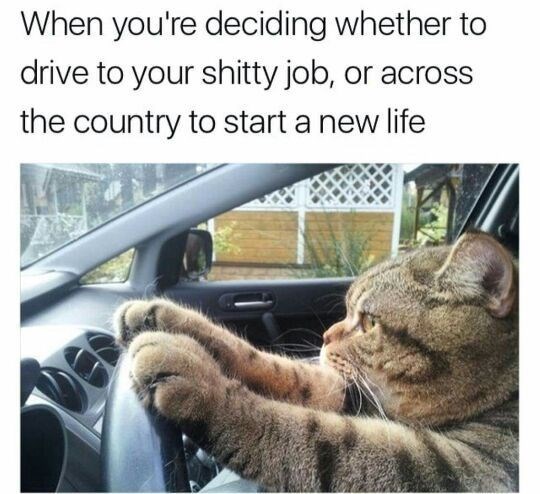
Imitation seems to be a popular form of entertainment in several disciplines: dance, film, music, theater, visual art, memes, etc. There is the saying "art imitates life," which I view as such a loaded statement that I feel inclined to pick it apart. For me, art is an aspect of life, and harbors imitation as part of our social and psychological makeup. Starting from birth, we are watching and/or listening, feeling, interpreting and re-enacting the things we observe. These are instinctive forms of expression. It's as if the thin line between living life and imitating life is art.
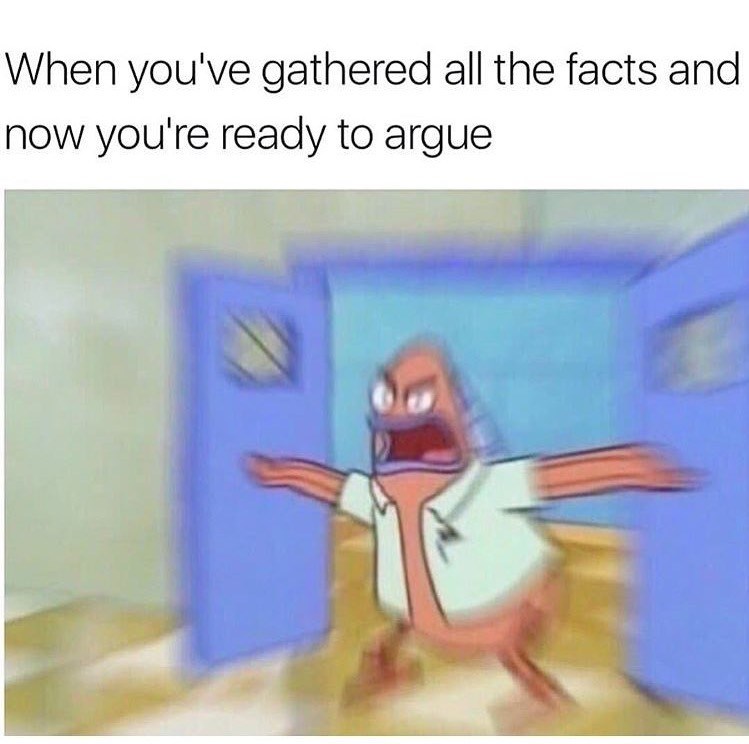
Yako:
Ah, and that is one of the main reasons why I believe that art is such a great form of expression to address and discuss society's issues and challenges. For example, through theater, you can showcase an issue in all its extremity. Actors play their roles of protagonists and antagonists -- a racist role can perform side by side to a civil rights activist role, both proclaiming their points of view. The fine line between real life and the way this is imitated on stage is understood by the audience and provides an excellent basis for discussion of the topic at hand. Back to the memes though.
Krystal:
Towards your point, after seeing the spectrum of quality regarding this form of imitation, having an occupation as a meme generator would be exciting, seeing as the material to create them is in abundance on social media. I think the thing that makes a successful meme is how relatable the punch line is to two types of audiences—the familiar and the unfamiliar. I view the science of a meme as one that presents a collaged piece comprised of image, text and wit, spotlighting a specific vernacular that's a "familiar surprise." In addition, it introduces a context both general and specific enough to not lose effectiveness due to obscurity. This combination serves two purposes: to gain the familiar viewer's interest and agreement; and to cause the unfamiliar viewer to discover a sentiment about a certain subject matter by including references that are broad and personal.
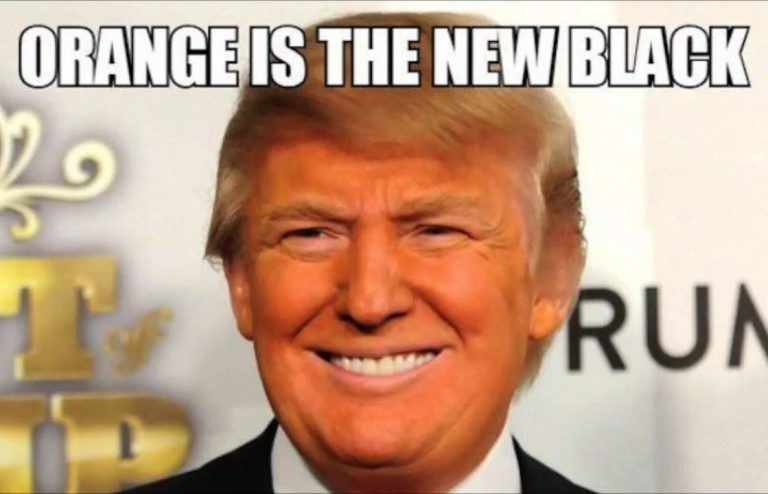
In this right, it can be challenging to do both, making most memes culture-specific. A lot of the memes I've seen have an urban culture and are extremely petty. On the other hand, memes that are more universal often seem obvious and less intriguing unless the punch line includes sarcasm and/or biting, humorous insults. That being said, I've also seen some pretty terrible memes that aren't relatable or funny. They make me laugh for an entirely different reason -- and that reason is that they're extremely lame, yet shameless in presentation. What makes for a good meme for you?
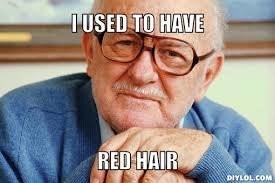

Yako:
Well, the best memes for me would be those that are based in what we all deal with on a daily basis or that we struggle with. The meme would make light of the situation and place it in context, so that we as the audience can laugh about it -- albeit for just a brief moment -- and hopefully are in a better place to deal with the situation. An example is weight loss. This is a real challenge for many and we make ourselves feel guilty if we ever fall of the wagon of the strict diet we prescribed ourselves. A meme can take that guilt away for a minute and we feel better about ourselves. For example:Krystal:
True, and it's helpful to keep in mind that, like any outside variable, imitating can eventually turn into a distraction from our actual lives, causing us to lose ourselves and become the very thing we're hiding behind. Perhaps searching for the root of what is creating this dynamic of the orchestrator and the viewer is an even better means of handling life's issues. In the end, it is ourselves who make the decisions on how we will process a suggestive and commanding form of art such as a meme. It's true that laughter can be the best medicine, but keep in mind that we are what we repeatedly do. Please, Yako, end this on a high note. I can't be the girl who discovered the meaning of life through memes.
Yako:
In sum: memes are great to make you laugh, learn something about another culture (although don't assume you understand a culture by its memes), address and discuss a particular issue, make money and imitate life. Oh, the art of living!
Krystal & Yako

